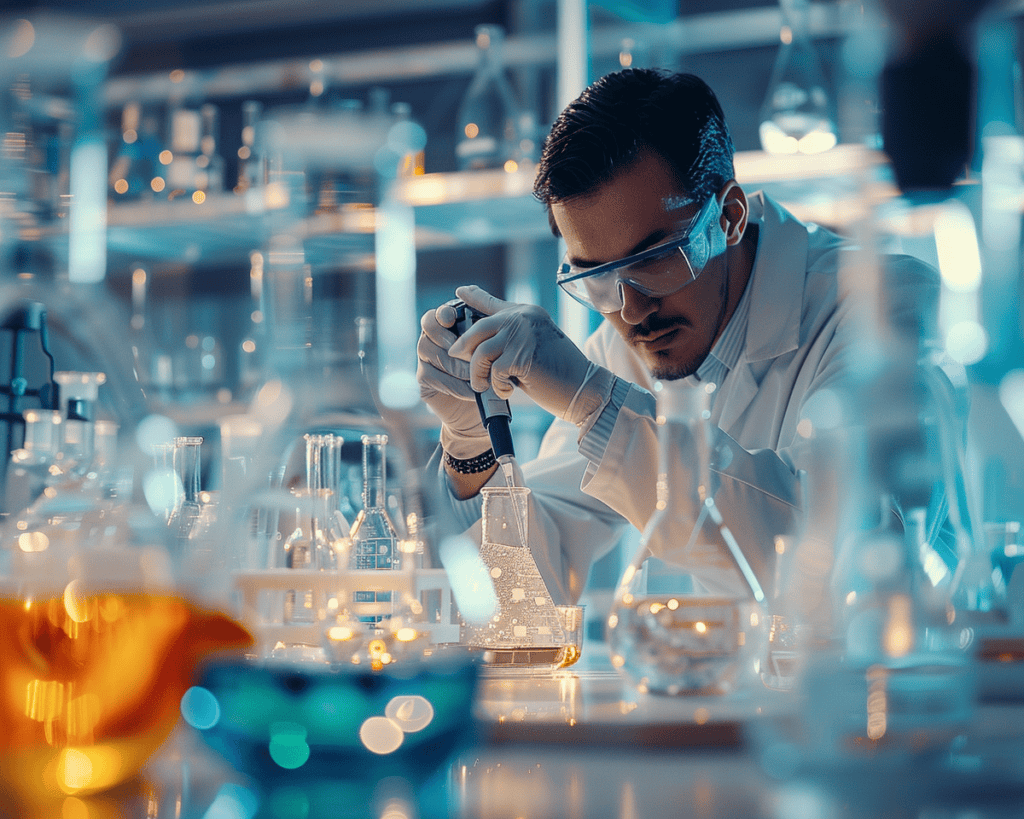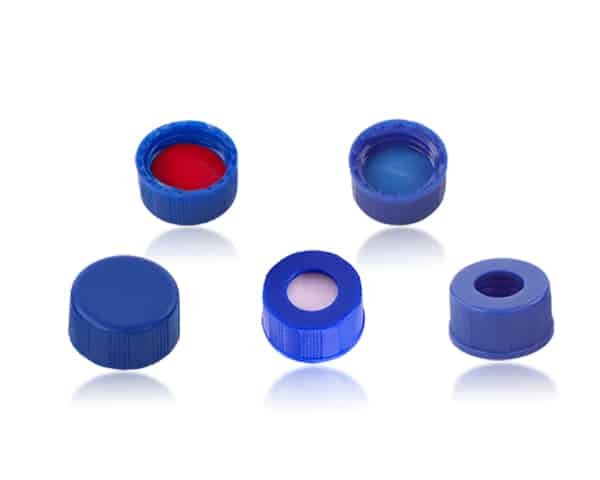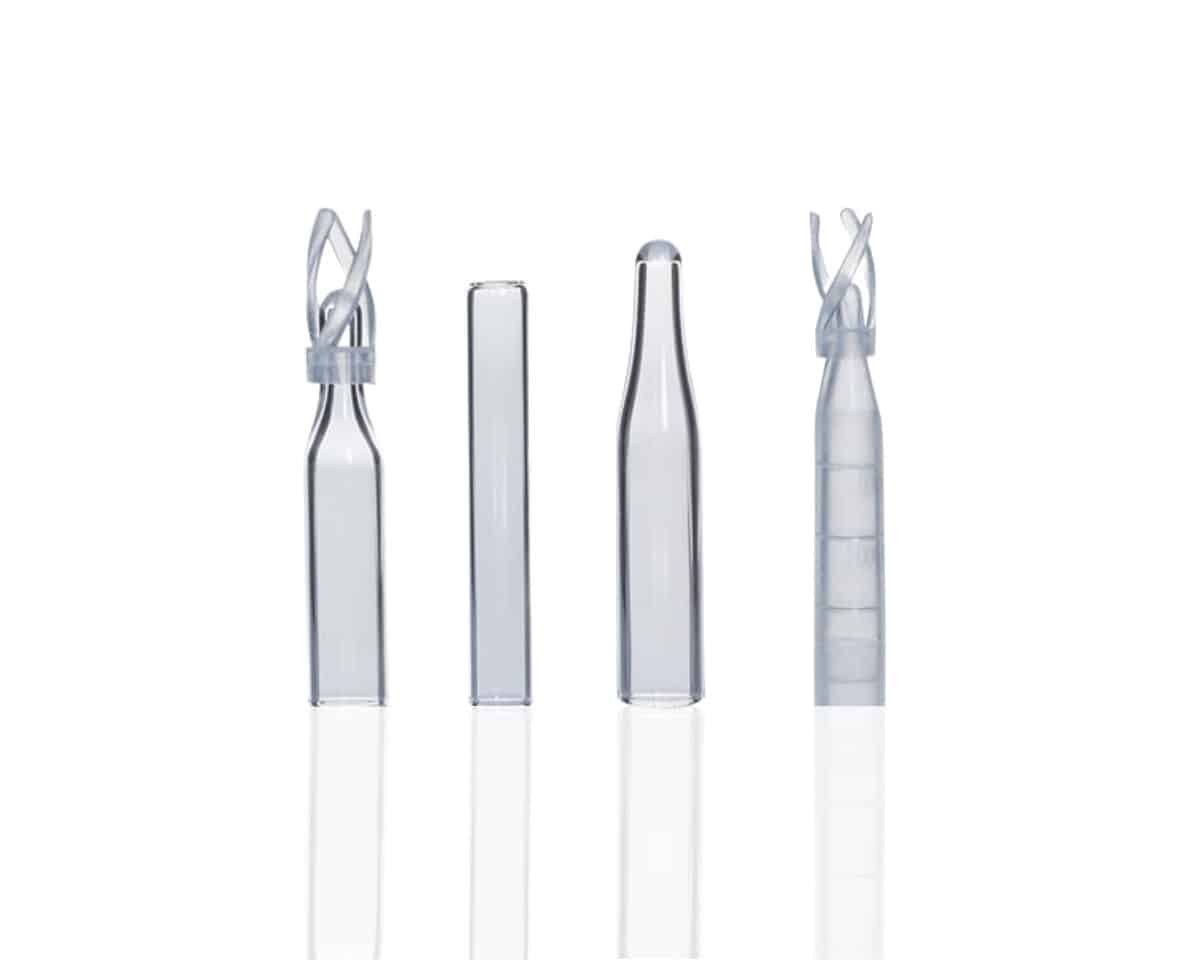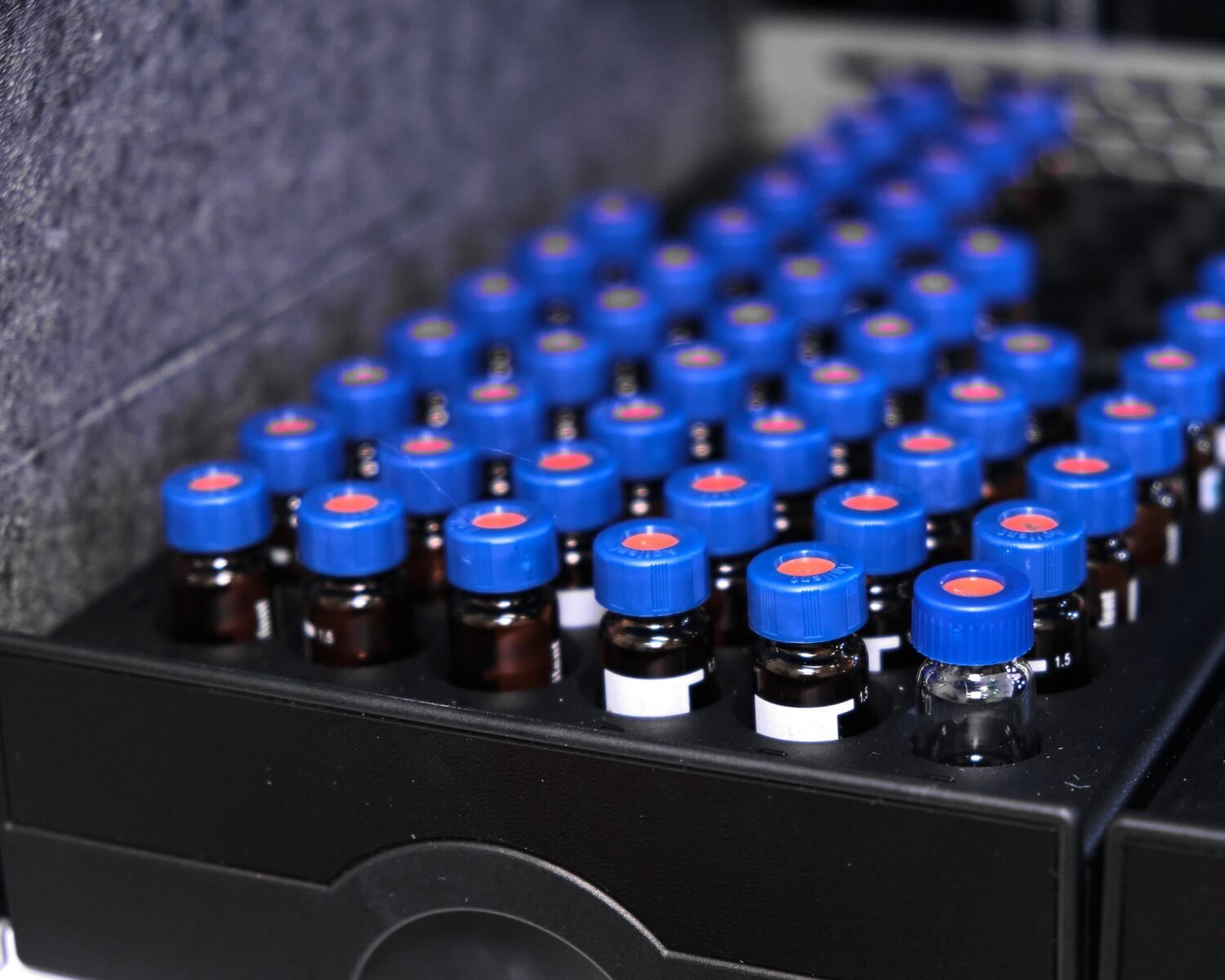Lab apparatus, such as beakers, flasks, test tubes, and pipettes, are predominantly made of glass. Have you ever wondered why this is the case? Let’s dive into the reasons and see if you agree with the importance of glass in laboratories.
Introduction
In scientific research and industrial labs, the choice of materials for lab equipment is critical. Glass has been the material of choice for centuries, and there’s good reason for that. In this article, we’ll explore why glass is so prevalent in labs and why it continues to be indispensable.
Transparency and Clarity
One of the primary reasons glass is favored is its transparency. The ability to see through glass is crucial for scientists and researchers. When you’re conducting experiments, wouldn’t you want to clearly observe chemical reactions or monitor the contents of a flask? Glass provides that clear, unobstructed view, ensuring precise observations.
Advantages of Transparency
- Visual Monitoring: Scientists can easily monitor reactions and solutions without opening containers, which reduces the risk of contamination.
- Accurate Measurements: The clear visibility of markings on glassware allows for accurate measurements of liquids.

Chemical Resistance
Glass is highly resistant to most chemicals. This property makes it an ideal material for handling a wide range of substances, including acids, bases, and solvents. What would you prefer for handling dangerous chemicals—something that could react and cause damage or something inert and reliable?
Types of Glass Used
- Borosilicate Glass: Known for its low thermal expansion, making it resistant to thermal shock. Brands like Pyrex are made from borosilicate glass.
- Quartz Glass: Used for high-temperature applications due to its high melting point and chemical stability.
Thermal Stability
Glass can withstand high temperatures without melting or deforming. This property is particularly important in experiments that require heating substances. Have you ever had to heat a solution to boiling? Glass ensures safety and reliability in such scenarios.
Applications of Thermal Stability
- Autoclaving: Glassware can be sterilized at high temperatures in an autoclave, ensuring the elimination of any contaminants.
- High-Temperature Reactions: Glassware can be used in reactions requiring direct heating over a flame or other heat sources.
Non-Reactivity
Glass does not react with most substances, making it a safe container for storing chemicals. This non-reactivity ensures that the contents remain pure and uncontaminated, which is crucial for accurate experimental results. Can you imagine the consequences of a reactive container in a sensitive experiment?
Examples of Non-Reactivity
- Storing Acids and Bases: Glass containers are ideal for storing corrosive substances.
- Handling Biological Samples: Non-reactive glass ensures that biological samples remain uncontaminated.
Durability and Longevity
High-quality glassware is durable and can last for many years if handled properly. While glass can break, its longevity outweighs this drawback. Have you ever broken a piece of glassware? It’s frustrating, but with proper care, glass lab equipment can be remarkably resilient.
Factors Contributing to Durability
- Thick-Walled Construction: Some glassware is designed with thick walls to withstand mechanical stress.
- Proper Handling: Using appropriate techniques and precautions can extend the life of glass equipment.
Ease of Cleaning
Glass is easy to clean and sterilize, which is vital in maintaining a sterile environment in the lab. Residue from previous experiments can be thoroughly cleaned from glass surfaces, ensuring the purity of future experiments. Do you find cleaning glassware a straightforward process?
Cleaning Methods
- Autoclaving: High-temperature sterilization.
- Chemical Cleaners: Use of strong acids or bases to remove stubborn residues.
- Manual Cleaning: Using brushes and detergents to clean glassware by hand.


Aesthetics and Tradition
There is a certain aesthetic and tradition associated with glassware in the lab. The sight of gleaming glass apparatus can evoke a sense of precision and professionalism. Do you appreciate the classic look of glass in a laboratory setting?
Cultural Significance
- Historical Use: Glass has been used in laboratories for centuries, creating a sense of continuity and tradition.
- Professional Appearance: Glassware gives a professional and clean appearance to a lab, which can be important in settings where image matters.
Conclusion
Glass remains the material of choice for lab apparatus due to its transparency, chemical resistance, thermal stability, non-reactivity, durability, ease of cleaning, and aesthetic appeal. It’s no wonder that glass continues to be indispensable in scientific research and industrial applications. What do you think about the use of glass in labs? Have you found it as reliable and versatile as described?
In the end, the choice of glass for lab equipment is rooted in its proven performance and reliability. As we continue to advance in science and technology, glass will likely remain a cornerstone material in laboratories around the world.
Sources:
- National Center for Biotechnology Information
- American Chemical Society
- Pyrex History and Information
By considering these reasons, it’s clear why glass is such a staple in labs. What do you think? Do you agree with the reasons mentioned, or have you had different experiences with lab glassware?
If you’re on the lookout for high-quality HPLC vials at sensible pricing, consider Mastelf. With over 13 years of experience in chromatography vials, we can help you find the exact vials you need for your applications.
Our expertise ensures that you get reliable and precise products tailored to your specific requirements. Whether you’re in pharmaceuticals, research, or any other industry relying on HPLC, we understand your needs and are here to support you in making the right purchase.
Reach out to Mastelf, and let us assist you in procuring the perfect vials for your work.











